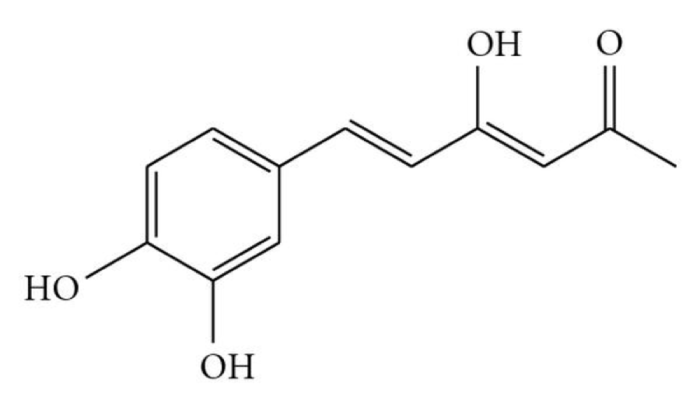Study Analysis: Probiotic RH 3201 for IBS-C Symptom Relief
Key Findings and Observations
A randomized controlled trial (RCT) conducted by researchers at Seoul Songdo Hospital investigated the efficacy of the probiotic strain RH 3201 in alleviating symptoms of irritable bowel syndrome with constipation (IBS-C). Over an 8-week period, 30 adult participants were divided into probiotic and placebo groups, receiving a daily capsule. The RH 3201 strain was found to significantly improve IBS-C symptoms, enhance quality of life, and potentially modulate the gut microbiota favorably.
Notable outcomes include:
A reduction in discomfort due to constipation and irritant bowel movements in the probiotic group compared to the placebo.
Improvements in abdominal bloating severity and satisfaction with bowel habits, as per IBS-Severity Scoring System (IBS-SSS).
Enhanced quality of life, particularly in emotional well-being and social functioning, as measured by the IBS-Quality of Life (IBS-QOL) questionnaire.
Fecal analysis suggested an increase in beneficial bacteria such as Bacteroides cellulosilyticus and Akkermansia muciniphila, known for their roles in gut health.
Mechanistic Insights
The study suggests that RH 3201 may function by enriching gut microbiota, boosting beneficial metabolites, reducing inflammation, and improving gut barrier integrity. These effects align with existing literature on probiotics’ potential mechanisms in IBS-C management, including pathogen inhibition and modulation of gut hypersensitivity.
Limitations and Future Directions
While the findings are promising, the study relies heavily on self-reported questionnaires, leaving room for bias. Objective assessments such as colonoscopy or stool biomarkers could have strengthened the conclusions. Additionally, the study’s small sample size and short duration warrant further research to confirm these results and better elucidate RH 3201’s mechanisms.
Commentary by YourDailyFit Columnist Alice Winters

The findings on probiotic RH 3201 present an intriguing opportunity to enhance IBS-C management through targeted gut microbiota modulation. However, there are key considerations to examine before heralding RH 3201 as a game-changing solution for IBS-C.
Ingredient Analysis and Dosage
RH 3201 was administered at 10 billion CFU per day—consistent with doses in many probiotic formulations. However, the encapsulation ingredients (maltodextrin, silicon dioxide, magnesium stearate) raise questions about the potential for these carriers to influence outcomes or mask minor side effects, especially given IBS patients’ sensitivity to dietary additives.
Efficacy and Comparison
The substantial reductions in constipation-related discomfort and bloating in the probiotic group are noteworthy. Yet, when benchmarked against broader IBS-C interventions such as dietary fiber or pharmacological agents like linaclotide, the improvements appear modest. A comparative study would better contextualize RH 3201’s role in the therapeutic hierarchy.
Quality of Life Impact
Improvements in IBS-QOL, particularly emotional and social metrics, underscore the profound psychological burden IBS-C imposes. This dual benefit of physical and emotional relief is where RH 3201 may shine, suggesting its role as a complementary therapy rather than a standalone treatment.
Safety and Suitability
The trial does not report adverse effects, reinforcing the strain’s safety at the tested dose. However, long-term safety and efficacy remain unexamined, particularly in diverse populations or those with comorbidities. Given the increase in Akkermansia muciniphila, known for its association with metabolic health, RH 3201 may have broader applications beyond IBS-C.
Market and Consumer Perspective
The trial adds weight to the growing trend of microbiota-focused interventions. However, commercialization hinges on addressing the limitations: scalable, cost-effective production, clinical validation through larger studies, and education on its benefits compared to existing probiotics. As consumers increasingly demand evidence-backed supplements, RH 3201’s therapeutic potential must be matched by rigorous scientific substantiation.
Sustainability and Ethical Considerations
The trial’s reliance on animal-derived ingredients or unsustainable production practices (if any) was not disclosed. For RH 3201 to thrive in the current market, transparency in sourcing and alignment with environmental sustainability will be pivotal.
Conclusion
While RH 3201 emerges as a promising player in IBS-C treatment, its position within the broader landscape of gut health supplements depends on addressing the study’s limitations and expanding its evidence base. By investing in robust clinical trials, user education, and sustainable practices, RH 3201 could establish itself as a staple in microbiota-targeted therapies. For now, it serves as an exciting, yet preliminary, development in probiotic science.



